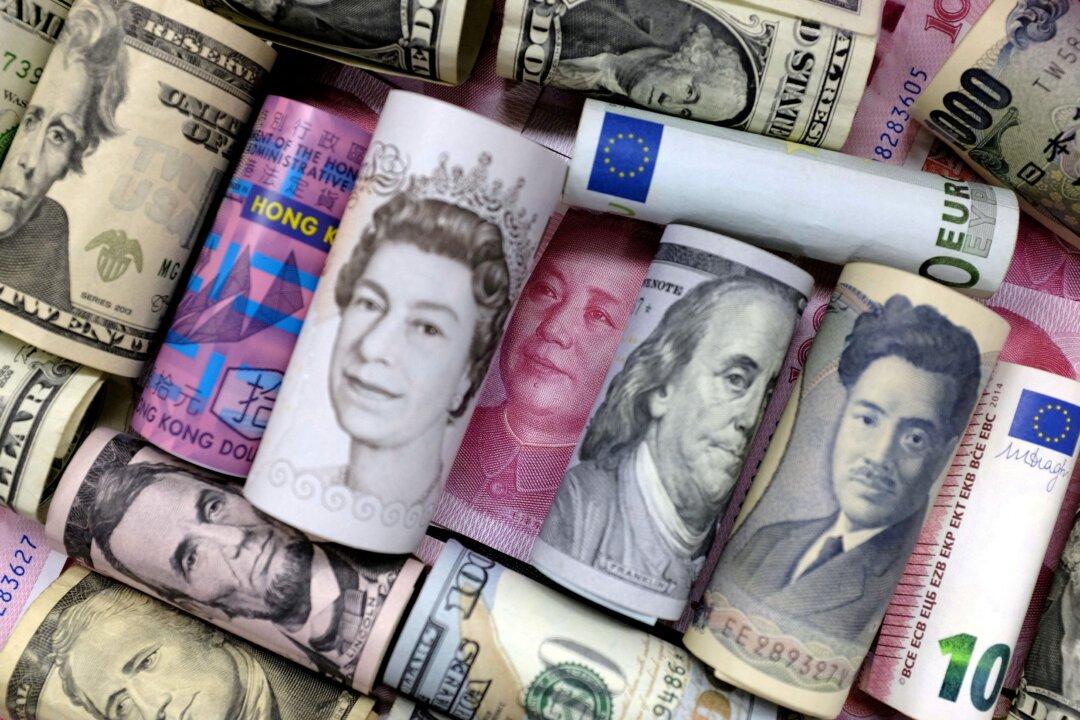The euro rose on Thursday with investors closely watching for developments in talks between Russia and Ukraine, while the Federal Reserve’s monetary policy decision failed to affect the market as the bar for a hawkish surprise was high.
The Kremlin said that Russia was putting colossal energy into talks on a possible peace deal with Ukraine. Meanwhile, Ukrainian President Volodymyr Zelensky has not altered his position that Ukraine’s international borders must be recognized, an adviser said.





